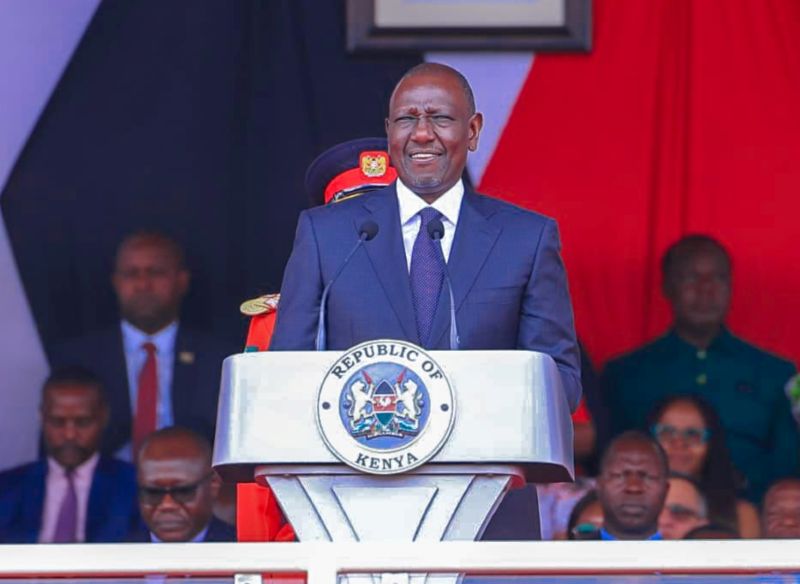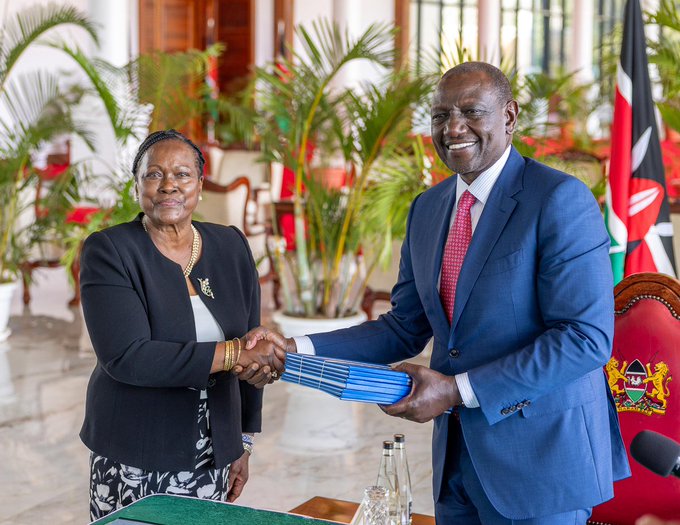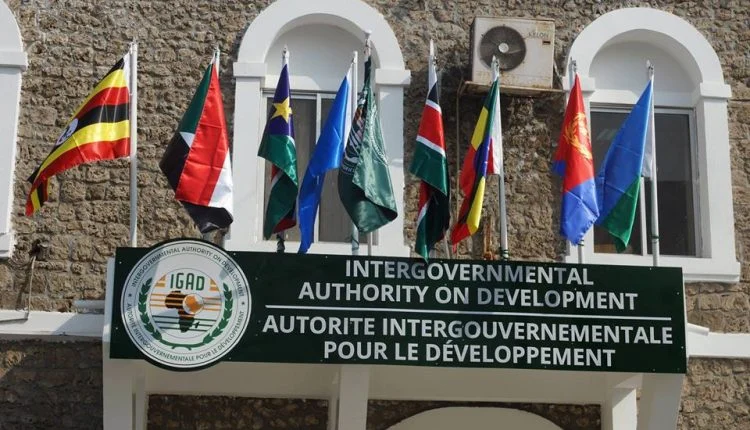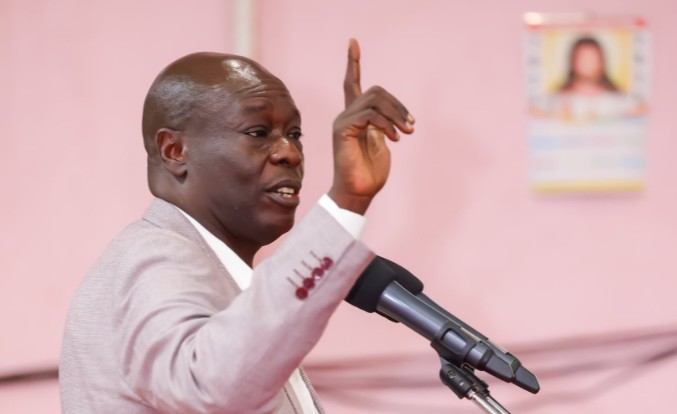Bursary battle deepens as counties push for full control over education

Despite the restrictions, governors argue that counties are best positioned to understand the needs of local students and should be allowed greater control.
County leaders are intensifying their push for full control over education functions, citing the need to better support students in their regions.
The dispute comes after a recent meeting between governors and Controller of Budget Margaret Nyakang’o, who has maintained that counties cannot independently fund bursaries for secondary and university students.
More To Read
- Government commits Sh27 billion to upgrade TVET institutions nationwide
- Controller of Budget urges faster adoption of e-GPS for public projects
- Taita Taveta hosts first-ever ECDE Teacher of the Year awards
- Billions locked in stalled county projects across the country - CoB Margaret Nyakang'o
- Treasury warns billions at risk as counties rely on third-party revenue systems
- Counties spend nearly half of budgets on salaries, audit shows
The meeting, aimed at resolving the stalemate over bursary management, ended with Nyakang’o reaffirming her February circular, which limits county roles in funding learners.
“The requirements are still the same as per my circular of January 2025. Counties must submit a valid intergovernmental agreement,” Nyakang’o said as quoted by The Star.
She emphasised that only the national government should cover bursaries for secondary schools and universities, while counties can fund TVET institutions and early childhood development programs.
“The funds for secondary and university bursaries should come from the national government. Bursaries for TVET and ECDE should come from the county budget,” Nyakang’o said.
Despite the restrictions, governors argue that counties are best positioned to understand the needs of local students and should be allowed greater control.
Speaking to the Senate Education Committee on Thursday, Nairobi Governor Johnson Sakaja said the recent meeting with the Controller of Budget had clarified the steps counties must follow, allowing them to resume bursary distribution within the existing rules.
“Our bursaries and scholarships are now going to resume because we are following the CoB’s guidelines,” Sakaja said.
Senators, however, cautioned that counties should not take on roles constitutionally assigned to the national government.
The Education Committee signalled plans to summon Nyakang’o for further clarification on the guidelines, while underscoring that bursaries for secondary and university learners remain a national function.
“You want to pay the bill for the national government,” said nominated Senator Catherine Mumma. “When you take over the functions of the other level, some responsibilities will suffer. The correct position is that governors can assist students only through conditional grants until the function is formally transferred.”
Sakaja defended the counties’ continued funding of bursaries, saying it is both a moral and political responsibility.
“We are better placed as counties to run the education function. We understand the needs of our people. What we need is a full transfer of the function—what we have now is a mongrel,” he said.
He highlighted Nairobi County’s spending, noting, “In Nairobi County, we have spent Sh1.8 billion on school bursaries in the last two years compared to Sh3 billion used by previous administrations over 10 years. We must ensure that needy and bright students get an education.”
Nyakang’o cited the Constitution’s Fourth Schedule, which assigns national responsibility over primary, secondary, and university education, while counties manage pre-primary programs, childcare facilities, village polytechnics, and home craft centres.
Nonetheless, governors maintain that counties must continue supporting students to prevent gaps in access to education.
Top Stories Today












































